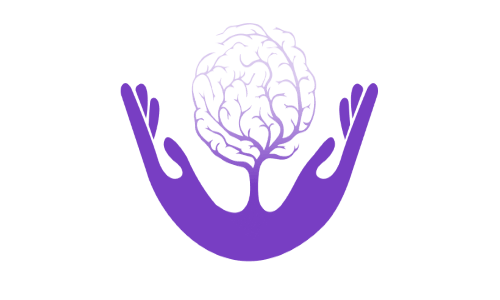
A Gold Standard That Works: Exposure & Response Prevention For OCD & Anxiety Disorders
Open to access this content

Open to access this content

Open to access this content

Open to access this content

Open to access this content

Open to access this content